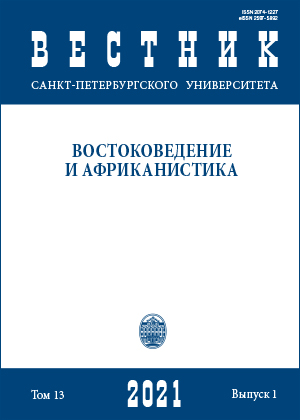Local Government Staff Performance Management in Tanzania: Experience of Open Performance Review and Appraisal System (OPRAS) in Kinondoni Municipal Council
DOI:
https://doi.org/10.21638/spbu13.2021.104Abstract
The article presents a study that examined the effectiveness of the implementation of OPRAS on local government staff performance in the Kinondoni Municipal Council (KMC) in Tanzania. The study adopted a case study research design and used questionnaires, in-depth interview and documentary review in data collection. The Sample size was 100 respondents selected through purposive sampling and the content analysis and cross tabulation methods were used in data analysis. The major study findings indicate that there was a weak implementation of OPRAS because there was no communication of the needs for OPRAS to employees, provision of OPRAS related training, and motivations to public servants were inadequately addressed. Furthermore, in local government authorities (LGAs) particularly KMC, there has been very little concern, demonstrated by inadequate funds and mechanisms put in place that ensure its implementation is effective and sustainable. In regard to this, the findings demonstrated an absence of viable efforts in terms of plans and strategies set to establish an effective and sustainable implementation of OPRAS in the KMC. The financial constrains caused by the absence of a specific budget for OPRAS implementation, laxity of the management in monitoring the implementation of OPRAS in the KMC, as well as inadequate funds disbursed by the central government to KMC are the major factors restraining the effective implementation of OPRAS in the KMC. It is therefore concluded that there is a need for the government to strictly adhere to the processes required in the implementation of OPRAS, such as communicating the need for OPRAS to public servants and setting adequate funds for OPRAS to
be conducted.
Keywords:
open performance review, performance appraisal, local government staff performance, management
Downloads
References
Downloads
Published
How to Cite
Issue
Section
License
Articles of "Vestnik of Saint Petersburg University. Asian and African Studies" are open access distributed under the terms of the License Agreement with Saint Petersburg State University, which permits to the authors unrestricted distribution and self-archiving free of charge.





